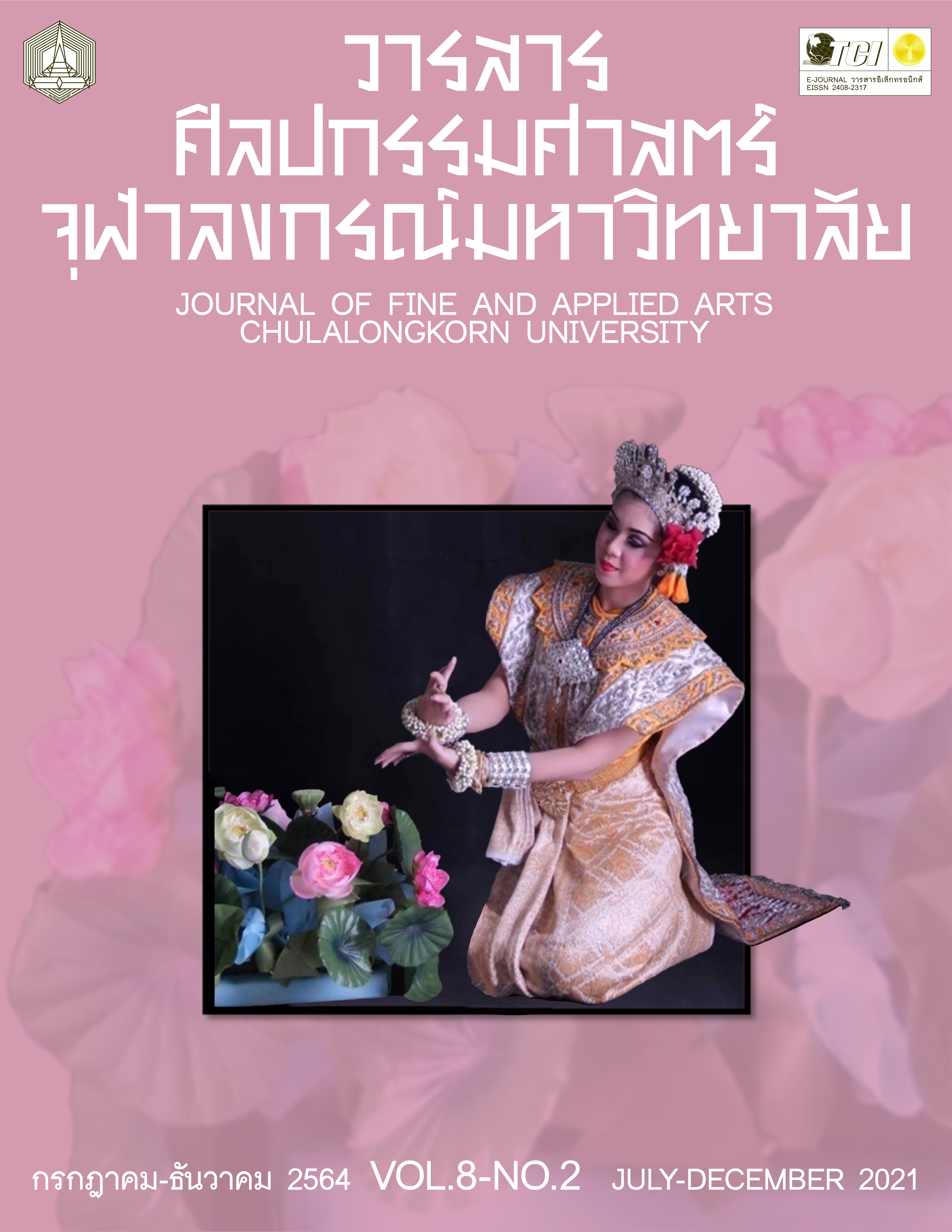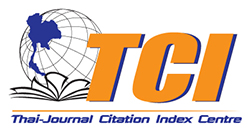MUSIC COMPOSITION: “TRILAKSANA” FOR ORCHESTRA
Keywords:
Music composition, Trilaksana, Orchestra, Anicca, Dukkha, AnattaAbstract
This article aims to create the contemporary music composition that are connected with the Buddhist philosophy. The author, therefore, sees the importance of this kind of music, and aspires to bring together Buddhist’s “Trilaksana” with new music. “Trilaksana” is like a three-strand rope that represents; Anicca, Dukkha and Anatta. They are tightly chained to each other; when there is Anicca, or when things cannot stand in the same condition forever, it results Suffering. Therefore, Dukkha comes from Anicca. Anatta, or non-self is the state where it is not possible to control oneself, which again, causes sorrow and suffering.
This piece for the orchestra, and comprised of contemporary techniques that are weaved and blended together seamlessly and creatively. The estimate duration of “Trilaksana” is 12 minutes.
This academic article presents the integration of contemporary music with Trilaksana, in which Buddhists value and know them well. This combination will enable listeners to understand contemporary music and appreciate it more.
References
ณัชชา พันธุ์เจริญ. ทฤษฎีดนตรี. พิมพ์ครั้งที่ 12. กรุงเทพฯ : เกศกะรัต, 2556.
ณรงค์ฤทธิ์ ธรรมบุตร. การประพันธ์เพลงร่วมสมัย. กรุงเทพฯ : สำนักพิมพ์แห่งจุฬาลงกรณ์มหาวิทยาลัย, 2552.
สุชีพ ปุญญานุภาพ. หลักพุทธศาสนา. กรุงเทพฯ : โรงพิมพ์มหามกุฏราชวิทยาลัย, 2514.
Adès, Thomas. Asyla for large orchestra. London: Faber Music Ltd., 1999.
Adler, Samuel. The Study of Orchestra. New York: W. W. Norton & Company, 1989.
Blatter, Alfred. Instrumentation and Orchestration. Boston: Schirmer Cengage Learning, 1997.
Stone, Kurt. Music Notation in the Twentieth Century. New York: W. W. Norton & Company, 1980.
Takemitsu, Toru. Quotation of Dream-Say sea, take me! For two pianos and orchestra. Tokyo: Schott Japan Company Ltd., 2000.
Downloads
Published
Issue
Section
License
ลิขสิทธิ์ของบทความเป็นของเจ้าของบทความ บทความที่ได้รับการตีพิมพ์ถือเป็นทัศนะของผู้เขียน
กองบรรณาธิการไม่จำเป็นต้องเห็นด้วยและไม่รับผิดชอบต่อบทความนั้น






